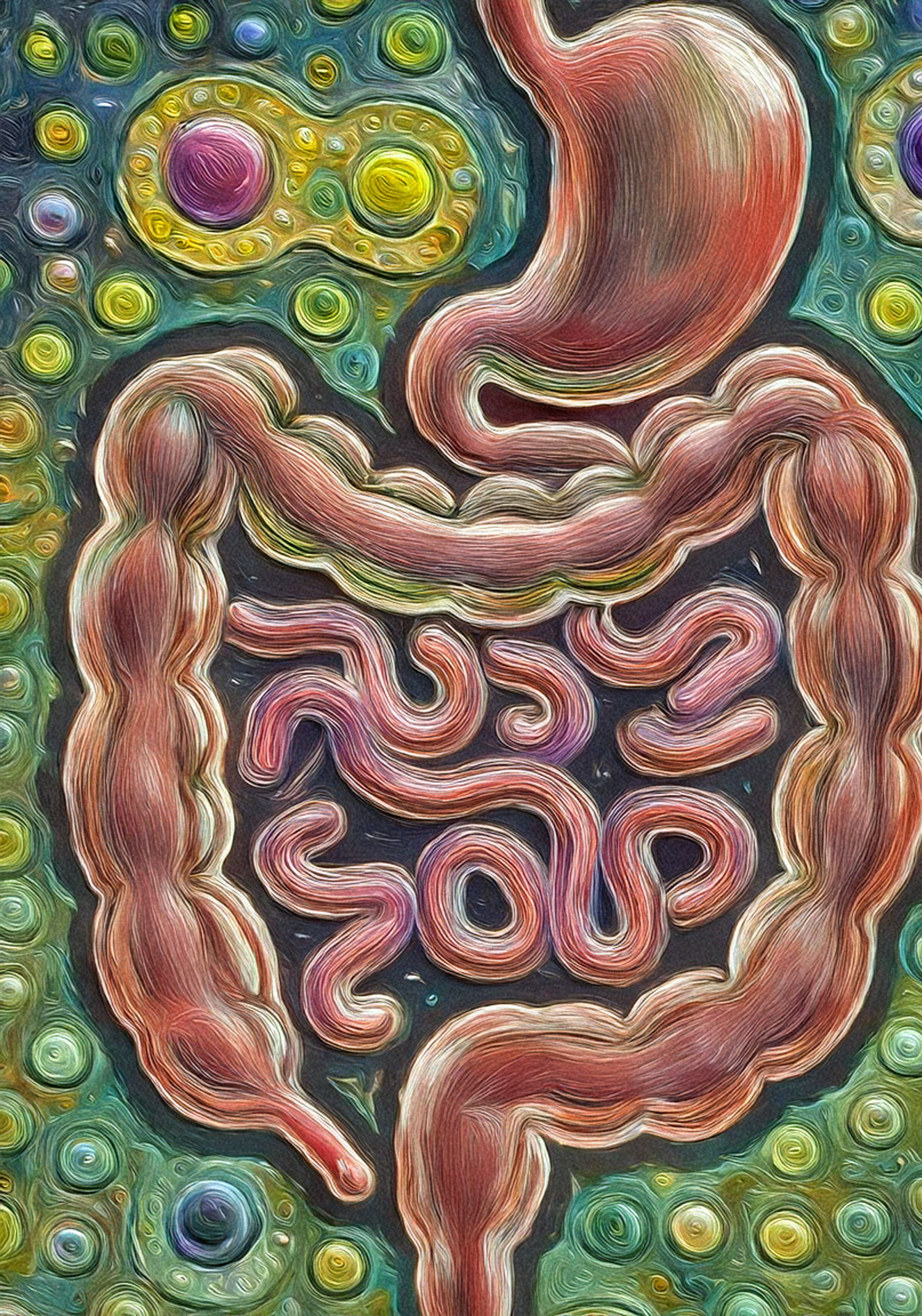Postdoctoral Research Focus

Metabolic Mechanisms Underlying Fecal Microbiome Transplant Efficacy in Recurrent C. Difficile Infection
Clostridioides difficile infection (CDI) represents a significant public health challenge, accounting for over 500,000 cases, 29,000 deaths, and $5.4 billion in U.S. healthcare costs annually. While most patients recover with standard antibiotic treatments, approximately 30% develop recurrent CDI (rCDI), a condition characterized by escalating risks and worsening health outcomes. Antibiotic-induced disruption of the gut microbiota is the primary driver of rCDI, and fecal microbiota transplants (FMTs) are highly effective in restoring microbial balance. However, the mechanisms underlying FMT efficacy remain poorly understood, highlighting the need for targeted, regulated therapeutics that can precisely modulate host-microbiota interactions. This project aims to elucidate the lipidomic mechanisms that contribute to rCDI susceptibility and FMT-induced colonization resistance. By investigating these mechanisms, this work seeks to advance microbiome-targeted therapies.
This project is being pursued in collaboration and with the mentorship of Dr. Casey Theriot and Dr. Erin Baker.
This project is supported by T32 grant (T32DK007737).
Doctoral Research Focus

Uncovering Hidden Frailty and Disease Risk in Archaeological Populations Via Anicent Oral Microbiome Analysis
Noncommunicable diseases impose severe physical, social, and economic burdens worldwide, yet little is known about their evolutionary histories or how changes in human lifestyles, environments, and diets have shaped their epidemiology. Tracing the history of these diseases could offer valuable insights into modern health inequalities and help develop strategies for prevention and management. However, progress has been limited, as noncommunicable diseases are typically untraceable in the archaeological record. This dissertation explored the potential of the oral microbiome, which is linked to both oral and systemic health, as an indicator of noncommunicable diseases. The oral microbiome, preserved in ancient dental calculus through DNA methods, is associated with several noncommunicable diseases and offers a unique archaeological proxy. By demonstrating that ancient oral microbiomes correlate with inflammation-related skeletal characteristics and morbidity traits, this work highlights the oral microbiome’s potential to reveal hidden noncommunicable disease-related frailty in past populations.
This project was pursued with the mentorship of Dr. Laura Weyrich.
This project was supported by the National Science Foundation GRFP Grant No. DGE1255832, the Pennsylvania Space Grant Cosortium Graduate Research Fellowship, and the PSU Anthropology Department.
